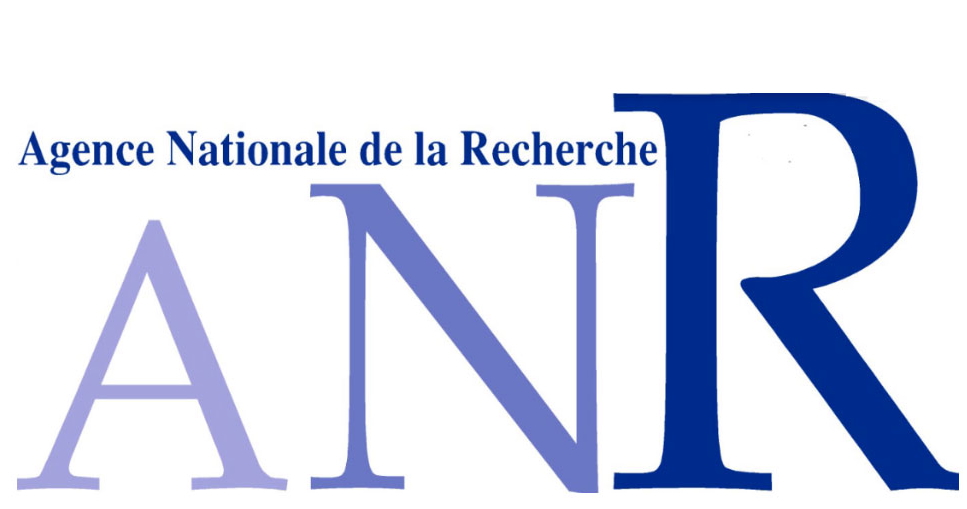Equidistribution in Number Theory
A French-Swiss joint project, financially supported by the FNS (Fonds National Suisse, no. 10.003.145) and the ANR (Agence Nationale de la Recherche, ANR-24-CE93-0016).


Project
Equidistribution in number theory refers in general to the study of families of arithmetic objects which, although they may individually behave unpredictably, have a global regular statistical behavior.
The existence and importance of such results is one of the main features of number theory in the 20th Century, and they have only taken a more prominent place in recent years, as shown for instance by the immense influence of conjectures such as the Quantum Unique Ergodicity conjecture of Rudnick and Sarnak.
Among the existing aspects of equidistribution, there are two which come up again and again in focus, not only because of their intrinsic appeal but also for their surprising applications: the equidistribution of permutations or matrices defined using the action of the Frobenius automorphism at varying primes in arithmetic objects (starting from the Chebotarev Density Theorem, and including Deligne's Equidistribution Theorem), and the equidistribution of orbits of dynamical systems of arithmetic origin, starting from Weyl's work on equidistribution modulo one, and including the solution by Margulis of the Oppenheim conjecture, or the fundamental results of Ratner on unipotent flows.
This project will target a wide variety of equidistribution statements and their arithmetic applications, covering not only these two main strands but also other areas such as the behavior of random walks on Lie groups. Although seemingly very different, it has become apparent that common features run through all these problems, in particular through some form of spectral gap phenomenon.
This project is therefore a wide-ranging interdisciplinary one, where tools and methods from many fields of mathematics will play a part, including harmonic analysis, the analytic theory of automorphic forms and L-functions, multiplicative functions and sieve methods, Diophantine approximation on manifolds, random walks, additive combinatorics, ergodic theory and homogeneous dynamics, and trace functions over finite fields. The applicants are all experts in one or more of these areas.
Research topics
The aim of this project is to study and solve several outstanding number theoretic problems connected to equidistribution: these could be genuine equidistribution problems (such as the distribution of cycles on arithmetic locally homogeneous spaces), or problems whose resolution involves equidistribution, even if the statements themselves might seem to be unrelated (for instance, problems in Diophantine approximation or concerning the analytic theory of automorphic forms). The broad range of expertise of the team will also lead to unexpected new applications of equidistribution.
A perfect illustration of our goals is the Mixing Conjecture, proposed in 2006 by Michel and Venkatesh, concerning the joint equidistribution of pairs of Heegner points. This conjecture is now commonly understood to be a touchstone statement, as the Quantum Unique Ergodicity Conjecture of Rudnick and Sarnak was at the turn of the century; it promises to influence in major ways the future developments of many areas of number theory, as illustrated spectacularly by a recent talk of A. Wiles, whose content is that a version of the Mixing Conjecture would lead to new approaches to modularity statements in arithmetic geometry.
Another important goal of the project will be to prove regularity properties of the Furstenberg measures at infinity for random walks on Lie groups, and to explore arithmetic implications of this result.
We expect that achieving these objectives will lead to very significant improvements to the state of the art in many areas, some of which will be of wide independent interest and provide powerful new tools to the broader mathematical community. These will include measure rigidity results in dynamics, regularity properties of random walks, exponential sums over finite fields, progress in the theory of multiplicative functions, and the distribution of values of L-functions.
Members
The French-Swiss Consortium consists of 10 researchers and is based in Bordeaux, Lausanne, Marseille, Paris, and Zürich.
- Menny Aka (ETH Zürich)
- Régis de la Bretèche (Université Paris Cité)
- Farrell Brumley (Sorbonne Université, French Coordinator)
- Claire Burrin (University of Zürich)
- Sary Drappeau (Université d'Aix-Marseille)
- Manfred Einsiedler (ETH Zürich)
- Florent Jouve (Université de Bordeaux)
- Emmanuel Kowalski (ETH Zürich)
- Philippe Michel (EPFL, Swiss Coordinator)
- Nicolas de Saxcé (CNRS, Université Sorbonne Paris Nord)
Postdoctoral researchers:
- Félix Lequen (Paris Nord, 24 months)
- Manuel Luethi (ETH, 7 months)
- Tariq Osman (Universität Zürich, 36 months)
Doctoral students:
- To come
Meetings
- June 17-18, 2025 Sorbonne Université
- December 3-4, 2025 Zürich
Guests
- Tuomas Sahlsten (to Sorbonne Université) : April 7-11, 2025
Publications
The following papers were supported by the joint ANR-FSN project Equidistribution in Number Theory (FNS no. 10.003.145 and ANR-24-CE93-0016):- Wasserstein metrics and quantitative equidistribution of exponential sums over finite fields, by Emmanuel Kowalski and Théo Untrau
- Bilinear forms with trace functions, by Étiene Fouvry, Emmanuel Kowalski, Philippe Michel, and Will Sawin
- On the irreducibility and monodromy of Tutte polynomials, by Andrew Goodall, Florent Jouve, and Jean-Sébastien Sereni